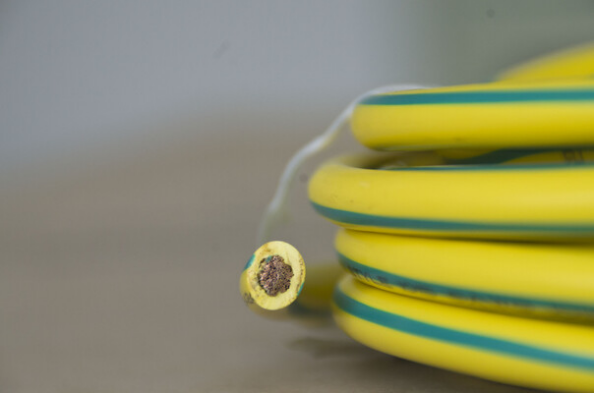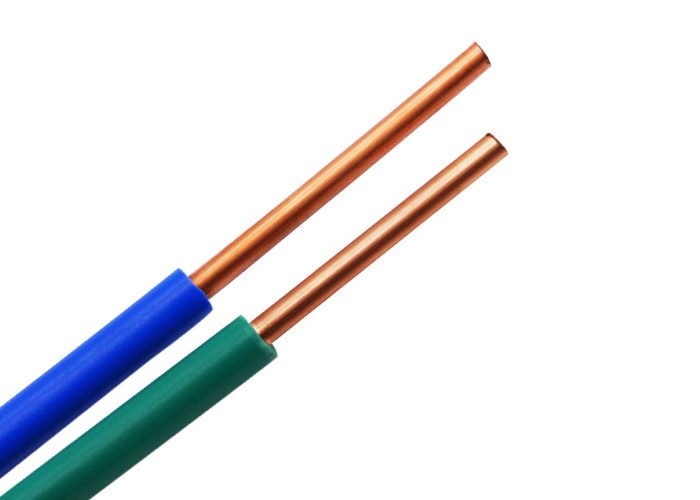Stranded and solid wire cables are two common types of electrical conductors, each with distinct characteristics suited for different applications. Solid wires consist of a solid core, whereas stranded wire consists of several thinner wires twisted into a bundle. There are plenty of considerations when it comes to choosing one or the other, including standards, environment, application and cost.
Learning more about the difference between the two types of wires will make it easier to decide which cable type is right for your specific installation.
1)Conductors are made in different ways
The terms stranded and solid refer to the actual construction of the copper conductor within the cable.
In a stranded cable, the copper conductor is made up of multiple “strands”of small-gauge wires that are wound together concentrically in a helix, much like a rope. Stranded wire is typically specified as two numbers, with the first number representing the quantity of strands and the second representing the gauge. For example, a 7X30 (sometimes written as 7/30) indicates that there are 7 strands of 30AWG wire that make up the conductor.

stranded wire cable
In a solid cable, the copper conductor is made up of a single larger-gauge wire. Solid wire is specified by just one gauge number to indicate the size of the conductor, such as 22AWG.

solid copper wire
2)Flexibility
Stranded wire is much more flexible and can withstand more bending, it is ideal for connecting electronic components in cramped spaces or for bending to route around obstacles than solid wires. It is often used for indoor applications such as electronic devices and circuit boards.
Solid wire is a much heavier, thicker product than stranded wire. It is ideal for outdoor use where more durability and higher currents are required. This rugged, low-cost wire is resistant to weather, extreme environmental conditions, and frequent movement. It is often used for carrying high currents throughout building infrastructure, vehicle controls, and various outdoor applications.
3)Performance
In general, solid cables are better electrical conductors and provide superior, stable electrical characteristics over a wider range of frequencies. They’re also considered more rugged and less likely to be affected by vibration or susceptible to corrosion, since they have less surface area than stranded conductors. Solid wire is thicker, which means less surface area for dissipation. The thinner wires in stranded wire contain air gaps and greater surface area with the individual strands,translating to more dissipation.When choosing between solid or stranded wire for house wiring, the solid wire offers higher current capacity.
For longer runs, solid wires are the better choice because they feature less current dissipation. Stranded wire will perform well over shorter distances.
4)Cost
The single-core nature of solid wire makes it much simpler to manufacture. Stranded wires require more complex manufacturing processes to twist the thinner wires together. This leads the production costs of solid wire are much lower than stranded wire, which makes solid wire the more affordable choice.
When it comes down to stranded vs. solid wire, there is no clear choice. Each has distinct advantages, with the right choice for an application depending on the specific project details.
Henan Jiapu Cable delivers more than just wire and cable products. We’re also with capabilities tailored for our customer’s needs, help to design a cable to make your vision a reality. For more information on our capabilities and product lines, please contact us or submit a quote request.
Post time: Aug-09-2024

